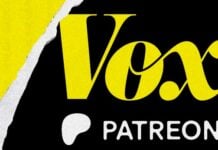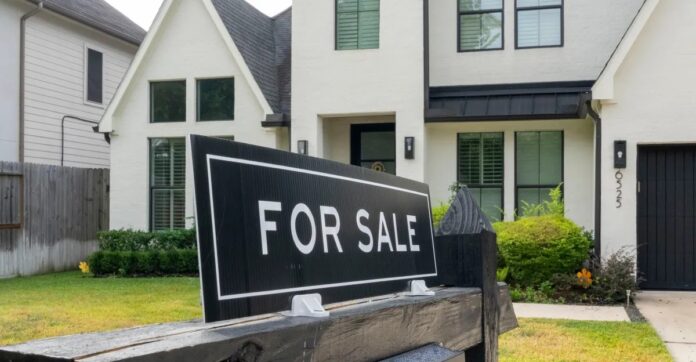The pervasive belief that owning a home is a cornerstone of the American dream is increasingly challenged by economic realities and evolving societal perspectives. While 70% of Americans still view homeownership as essential for success, a growing number of voices, including editor-in-chief of The Argument, Jerusalem Demsas, argue that the benefits are often overstated and the downsides overlooked.
The Myth vs. Reality: Financial Benefits Under Scrutiny
The conventional wisdom suggests that homeownership is a guaranteed path to wealth accumulation, but this is far from certain. Two primary financial arguments are often cited: forced savings and investment returns. While mortgages compel consistent payments that build equity, the return on that investment is not guaranteed.
Demsas points out that holding a home through economic downturns, job loss, or unexpected life events can quickly erode any financial advantage. Selling during unfavorable market conditions can leave homeowners underwater, negating any previous gains. Moreover, the total cost of ownership—including property taxes, maintenance, and potential repairs—often exceeds the financial benefits compared to renting.
Historical Roots: A Conservative Ideology
The obsession with homeownership isn’t purely economic; it’s deeply intertwined with historical and political ideologies. In the early 20th century, a conservative backlash against immigration and transient populations fueled the belief that owning property equated to community investment and civic responsibility. Renters were often stigmatized as outsiders, lacking the “stake” in society that homeowners supposedly possessed.
This narrative solidified the idea that a white picket fence and a mortgage were essential components of the American identity. This association was legally and culturally codified, shaping generations of aspirations and expectations.
The Illusion of Community: Rooted in Affordability
The notion that homeowners are automatically more rooted in their communities is also debatable. In reality, many first-time buyers are forced to compromise on location to afford a property. This often means moving away from established networks and social circles.
Demsas argues that renting can allow individuals to live in desirable neighborhoods they couldn’t otherwise afford, fostering stronger community ties through proximity and accessibility. The financial flexibility of renting can also enable more frequent social engagement and mobility.
Freedom Redefined: Beyond Property Ownership
The enduring appeal of homeownership lies in its perceived association with freedom and self-reliance. However, the economic realities of mortgages, property taxes, and maintenance can create financial constraints that undermine true autonomy.
Demsas suggests that economic freedom—access to well-paying jobs, fair labor practices, and accountable governance—is a more meaningful measure of success than property ownership. True freedom isn’t tied to an asset; it’s about having the resources and security to pursue one’s goals without undue financial burden.
The Shifting Landscape
The American dream is evolving, and the traditional emphasis on homeownership may no longer be the most viable path to financial security or personal fulfillment. As housing costs continue to rise and economic instability persists, the allure of property ownership may fade for many.
The conversation around homeownership needs to move beyond the romanticized narrative and confront the harsh economic realities. True freedom isn’t about owning a piece of the American pie; it’s about having the means to thrive, regardless of whether you rent or own



















































